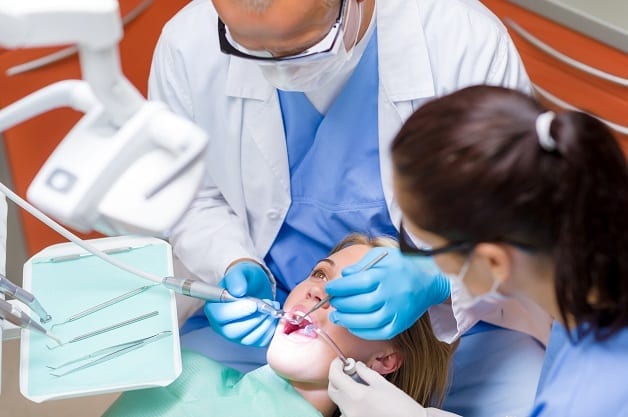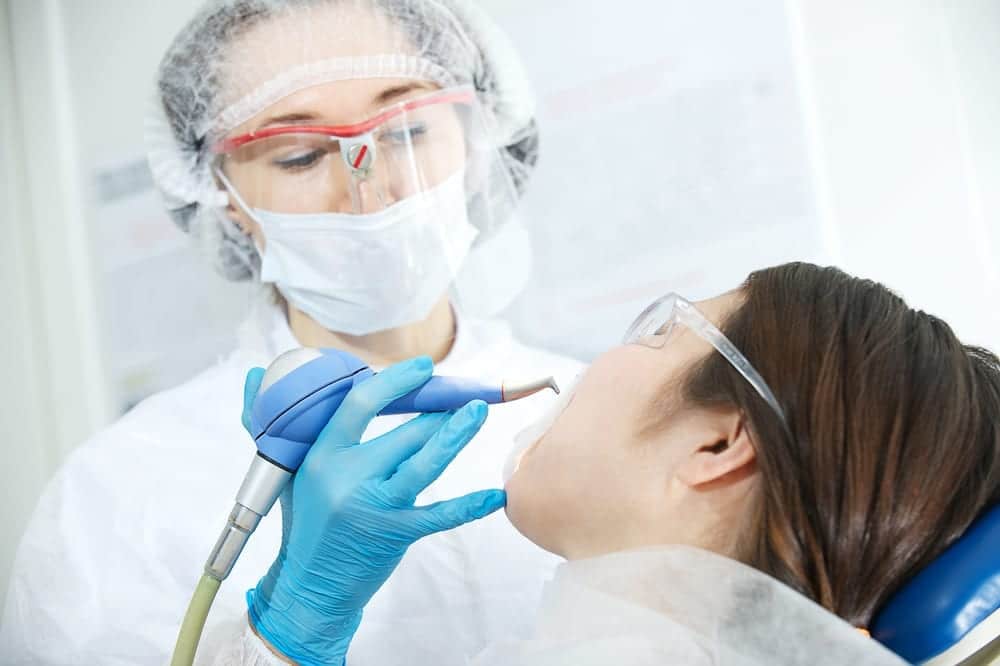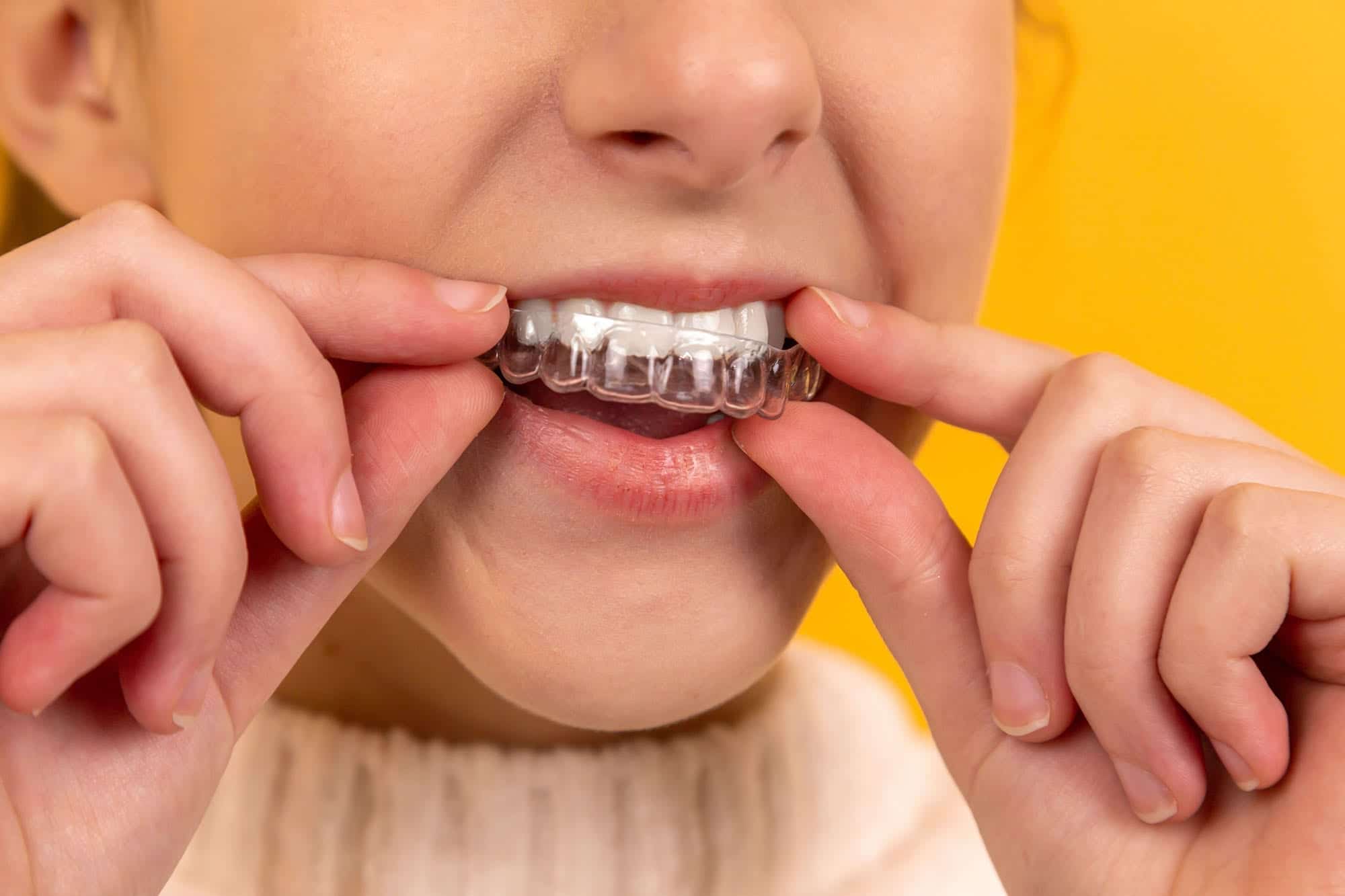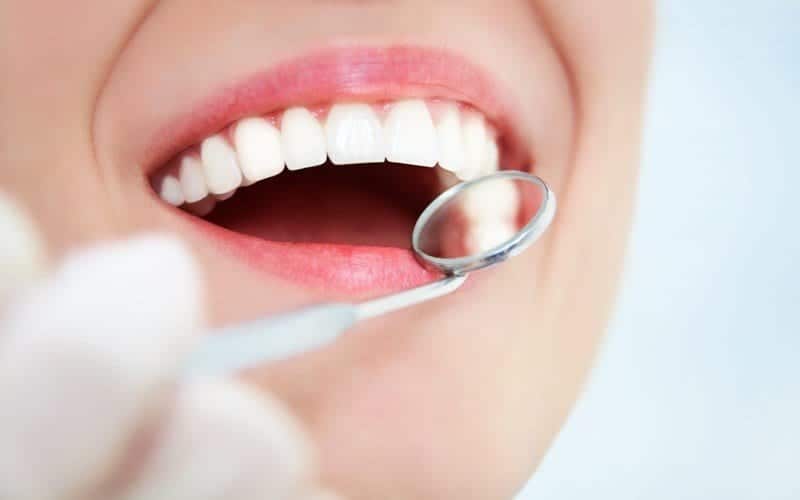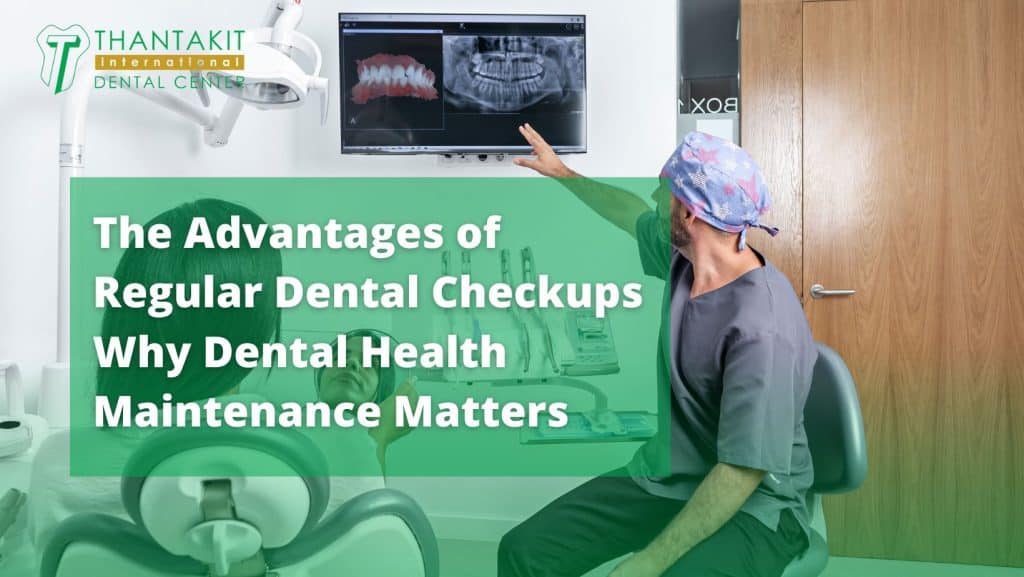In the pursuit of happiness, smiles matter. It’s known as the instant facelift for a reason. It’s the easiest way for you to express happiness, uplift your mood, or send a message of friendliness to others, thus making you more beautiful than usual.
Smiles also help people know when their jokes are funny, their presence is appreciated, and their companionship is enjoyable.
Never underestimate the power of your smile. In fact, you should do everything in your power to maintain your smile by observing regular dental checkups for the sake of dental health maintenance.
Page Contents
The Importance of Dental Checkups
It’s important for your oral and dental health as well as overall health to have regular checkups. There are many benefits to be had from such checkups that extend all the way to a pearly white and well-preserved smile.
-
The Need for Dental Exams: You also need those dental examinations to check if you’re developing dental caries or have an erupting impacted tooth. You want to know if there’s something amiss or if you have a clean bill of health.
-
Dental Preservation Through Testing: Even with healthy teeth and gums, dental checkups help tremendously in keeping them healthy, white, and hole-free.
-
The Limits of Daily Hygiene: Sure, the fluoride in your tap water and tooth paste also assists in strengthening your teeth enamel along with your daily dose of calcium. However, some dental assistance from a certified expert certainly won’t hurt.
-
Address Oral Issues Early: Address any developing oral health problems like gingivitis and the beginnings of cavities earlier rather than later so that they’re less costly to treat and they won’t worsen.
-
Children Require Regular Dental Checkups: The turnover from milk teeth to permanent teeth for children is pretty quick, so it’s best to address them early on with dentist visits. A dentist can evaluate his or her issues such as:
- Jaw issues
- Oral hygiene concerns
- Crooked or crowded teeth
- Evaluating the need for mouth guards
- Prevent cavities by placing fissure sealants in deep grooves
-
When Does One Need Mouth Guards? Children and even adults might need to wear mouth guards when engaging in full-contact sports such as American football or combat sports like boxing and MMA.
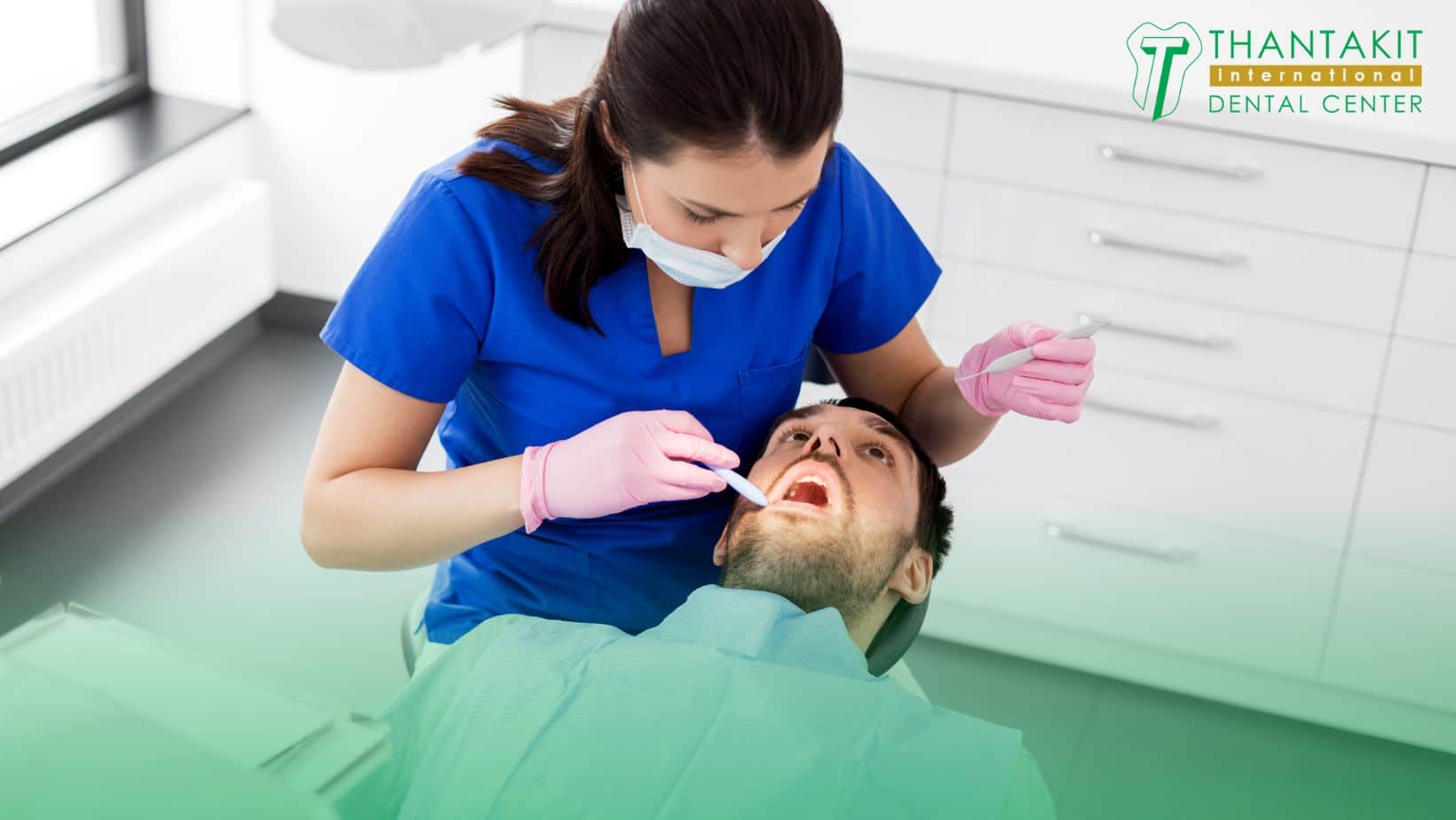
How Often Should You Get a Dental Checkup?
The American Dental Association (ADA) recommends that you see your dentist every 6 months to a year. Treat it like the holidays. Once like Christmas or your birthday or twice like your midterms.
The ADA chose this because it’s a schedule that reasonably covers everyone’s needs, but sometimes certain patients may require more dentist visits depending on their condition.
Certain conditions might require more visits to the dentist, such as putting on braces or undergoing dental implants.
When all is said and done, the dentist himself can give a recommendation on how often you should go to him for checkups based on the state of your teeth and gums. Individuals with advanced oral health issues like periodontal disease may require more dentist office visits.
The Benefits of Dental Checkups
There are quite a number of issues and concerns your dentist can address through regular dental checkups. They can even recommend treatments or habits you can develop to prevent such underlying or blatant conditions right at their roots.
-
Prevention or Treatment of Bad Breath: If halitosis is a condition you struggle with, it might be connected to poor dental hygiene. Improve your teeth-cleaning habits or fix your diet. Quit smoking as well as have your gingivitis/periodontitis treated.
Regular checkups with your dentist should also help prevent and address your halitosis because it gives him an opportunity to investigate the underlying issues that have caused you to end up with bad breath.
He’ll also advise you on the ways you can prevent having bad breath, such as flossing and brushing regularly as well as gargling mouthwash occasionally.
-
Learn More About Oral Health Maintenance: While undergoing a dental checkup, the dentist can tell you how to properly take care of your teeth. For example, he might tell you to floss first before brushing your teeth.
He might also instruct you on proper flossing, like needing to floss under the gums even if it leads to gum bleeding to really remove all food particles. He can also suggest diet changes, like eating less junk food or starchy, sweet food.
The idea here is to follow your dentist’s recommendations to ensure that you’re caring for your teeth, gums, and overall oral health the correct way.
-
Tartar, Tooth Decay, Cavities, and Plaque Prevention: It usually begins with you not brushing your teeth enough to get rid of plaque. The plaque contains bacteria that eats all that filmy grossness and excretes acid onto the outer teeth shells (enamel).
This then results in tooth decay (compromised enamel) that develops holes (dental caries or cavities). Tartar (calculus) is when calcium deposits start forming around plaque, making them more difficult to remove.
You should floss then brush twice every day to lower your risk for plaque, tooth decay, cavities, and tartar when push comes to shove.
-
Oh No! You Missed a Spot… or Several Spots: No matter how disciplined you are at flossing and brushing; you’re bound to miss certain areas of your mouth. Areas such as back molars can be hard to completely clean, leading to the devilish plaque to tartar cycle.
To avoid plaque buildup that wears away the protective teeth enamel and leads to toothache and gingivitis as well as serious complications like infection and tooth loss, it’s imperative that you get regular dental checkups.
Clear away any plaque and tartar you can’t remove by brushing alone with the assistance of a dentist doing in-office dental cleaning.
A dentist can do treatments like prophylaxis and deep cleaning to reach those hard-to-access spots of your mouth with special tools and expertise. Professional cleaning cleans up anything regular brushing and flossing can’t cover.
-
Cavity Treatment Can’t Be Done in a DIY Manner: Once you develop those holes in your teeth, only your dentist can fix them. There are no over the counter (OTC) products you can use to plug those cavities up yourself!
They can do dental fillings on a tooth with a cavity or cavities so that it’d stop aching or getting food stuck inside it, leading to pain.
A dentist doesn’t only help reduce your risk for tooth decay and prevent oral health complications with dental inspections, x-rays, and in-office cleaning. You can also depend on them to detect and fix developing cavities.
-
Only Dentists Can Do Tooth Decay and Cavity Treatment: Long story short, the dentist helps identify cavity locations and fix them up before they can worsen or lead to tooth loss.
They can either do a composite or amalgam filling on the tooth if the cavity is small enough. Some drilling might be required to make the filling stick. Otherwise, a bit of dental bonding or even inlay/onlay action might be called for!
A dental inlay is used for deep cavities while a dental onlay is for wide cavities. Your dentist might even elect to put a crown over your tooth or, if it’s infected, elect for a root canal treatment (endodontic treatment).
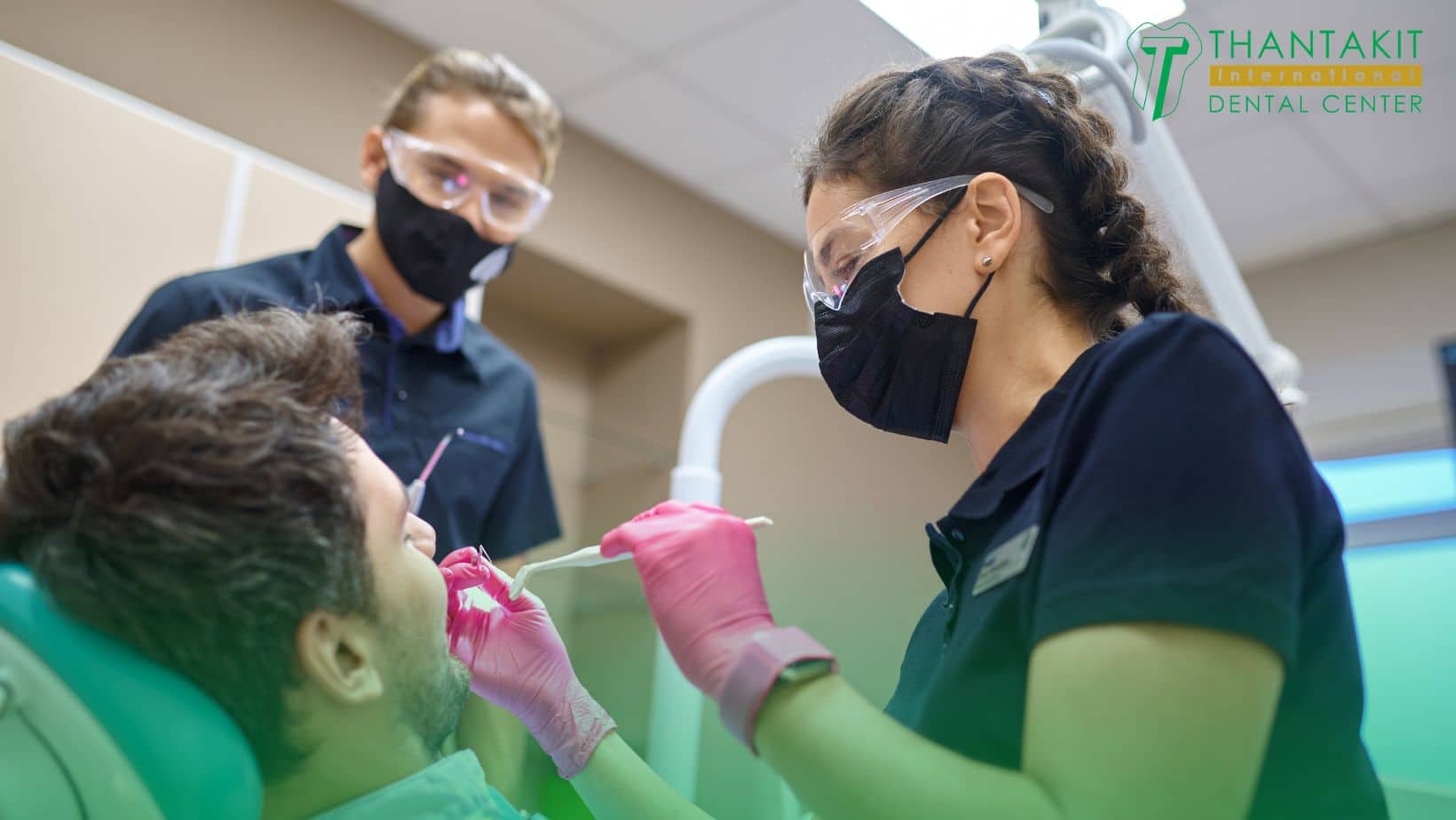
Discussing Cosmetic Dentistry Procedures with Your Dentist
During regular dental checkups, your dentist can take note of any missing, crooked, stained, or crowded teeth inside your mouth. He can then suggest ways you can fix them if you wish.
You can also improve your smile’s appearance by availing of a tooth bleaching or whitening procedure that can lighten your smile by several shades of whiteness.
The cheapest way to fix them is to manually push the tooth until your bite is corrected. Because this isn’t the most effective or exact way to correct tooth placement, you can check if you’re a candidate for an orthodontic procedure.
Essentially, your dentist can talk to you about the treatments available in his clinic or center, such as teeth aligners, braces, veneers, and teeth whitening to help (literally) brighten your smile.
These are mostly aesthetic or cosmetic ways to improve the appearance of your smile, although orthodontics or moving crowded teeth in place can be considered a more functional fix compared to dental bleaching.
A dentist can also help personalize your treatment plan based on your needs, goals, and the current placement or state of health of your teeth.
Prevention and Detection of Gum Disease
The danger of early-stage gum disease is that it doesn’t involve any symptoms, or some symptoms clear up on their own (such as bleeding gums when you brush your teeth).
Dentists can identify gingivitis during checkups and can thus treat it as needed, provided that you supplement the treatment with proper dental hygiene.
-
Stop Gingivitis Before It Can Worsen: Early identification of gum disease ensures you can get more affordable and easier treatment for it before symptoms worsen enough for you to resort to deep cleaning or even dentures.
-
Periodontal Disease Can Lead to Tooth Loss: Once gingivitis becomes acute and turns into periodontitis, you’ll be dealing with loose or mobile teeth, deep periodontal pockets, and a host of other complications.
Left untreated, they’ll lead to tooth loss. You need to plane, scale, and deep clean those areas to remove diseased tissue and encourage dental healing.
-
It’s Easier to Treat Gum Disease Earlier Than Later: Early treatment of gum disease is far easier and less expensive than leaving it to literally rot your teeth, which can cause inflammation, pain, jaw damage, and tooth loss.
-
Detecting Health Issues Along with Dental and Oral Issues: Oral health issues come part and parcel with dental health issues or even overall bodily health. You can suffer from serious health complications with untreated dental conditions!
Periodontitis is an oral health condition that can lead to oral cancer and heart disease, for example.
-
An Opportunity for Dental Spring Cleaning: Just as cleaning during spring is your opportunity for major cleanup of your home, the dental health checkup is your dentist’s opportunity to check the state of your dental and oral health.
It’s your annual or semiannual tune-up to prevent needing an overhaul of your teeth in the form of all-on-6 implants for full jaw reconstruction.
-
What’s Being Examined During the Dental Checkup: Your dentist examines your teeth, gums, inner and outer mouth, tonsils, jaw, neck, and lymph nodes for any irregularities. If a health issue is detected, they can give you a referral to the right dentist specialist or medical professional for treatment.
-
Save Money by Spending Time with Your Dentist Yearly: See your dentist once or twice a year like it’s a holiday to save you from more expensive and worse oral health issues down the line.
Early oral health issue detection and regular checkups can save you money in the long run because dental implants and bridge installment are not cheap!
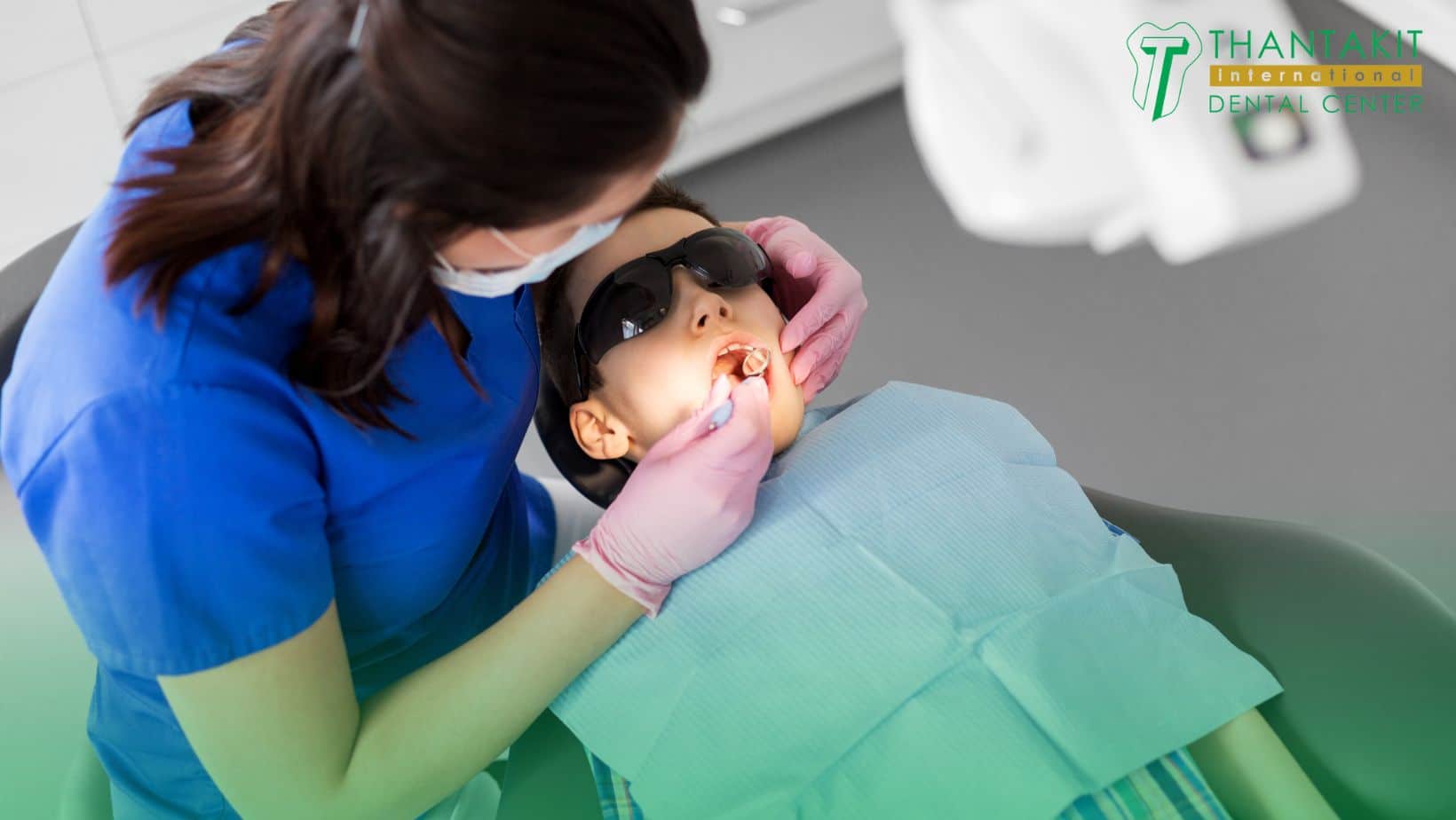
Isn’t Basic Dental Hygiene Enough?
Your teeth will last longer by observing regular dental hygiene. Make it serve the backbone or foundation of your dental health. Nevertheless, you shouldn’t skip regular dental checkups, even if you’re tempted to do so.
It’s because even if you think your teeth look healthy and fine, it’s better to err on the side of caution and get regularly checked up by your dentist.
Don’t go to a dental clinic or center only if there’s pain in your gums and teeth. Usually, by that time, it’s too late and you have to do a tooth extraction or root canal treatment.
Besides which, you also need to go to the dentist to do even more thorough prophylaxis or dental cleaning that goes beyond the toothbrush and toothpaste. You might even need to undergo deep cleaning, scaling, and planing if need be.
What to Expect During a Dental Examination
You need regular dental checkups for dental exams and tests (X-rays and scans), patient education and advisory, more thorough teeth cleaning (prophylaxis), and detecting any other oral or overall health issues.
A dentist’s appointment can last from half an hour to an hour depending on what’s being examined. You might get another scheduled visit if it’s a multi-visit kind of treatment.
Expect the following things during your routine dental checkup.
-
If desired, fluoride application will be done and completed.
-
Your dentist will discuss your oral hygiene routine with you.
-
Your teeth will be examined for broken fillings, cavities, and other dental issues.
-
Thorough cleaning of your teeth will commence to remove hardened plaque or tartar.
-
If required, you’ll be referred to specialists such as an orthodontist or oral surgeon.
-
If required, you’ll get an oral hygiene education for proper technique and best practices.
-
Your dentist will look for any irregularities in your jaw and the soft tissues of your mouth.
-
Your gums will be checked to ensure they’re not receding or inflamed due to gingivitis or periodontitis.
-
Your dentist will also discuss concerns such as dry mouth, tooth sensitivity, bad breath, or other dental and oral issues.
-
If needed, radiographs will be taken to reveal hidden decay, jaw trauma, gum disease, and wisdom teeth complications.
Routine visits to the dentist involve not only checking the health of your teeth but also professional cleaning for good measure.
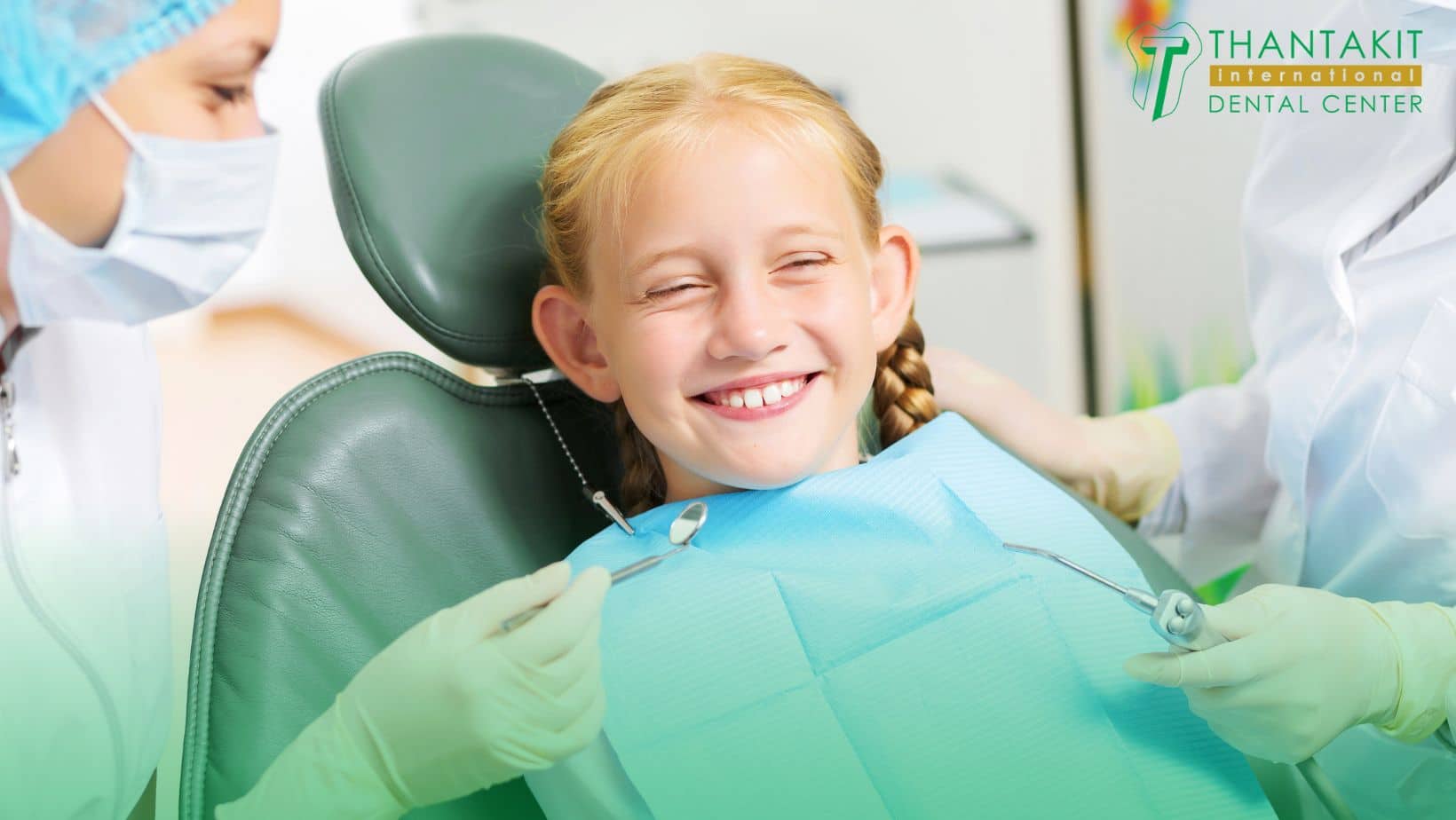
Are You Due for A Dental Checkup?
Regularly getting dental checkups is of the utmost importance when it comes to the early detection of dental or oral conditions. It also provides tremendous help in terms of good oral hygiene maintenance since you also get in-office dental cleaning done then and there.
You should also avail of the Thailand dental tours offered by the Thantakit Dental Center. They offer significantly lower costs in everything from checkups to major dental surgeries even when the travel expenses are taken into consideration.
Thantakit International Dental Center is Thailand’s longest established dental center. Situated in Bangkok, our clinic is renowned across the world as a destination for world-class dentistry, with most of our patients flying to us from Australia.
Get in touch with us today and get a FREE dental consultation!



